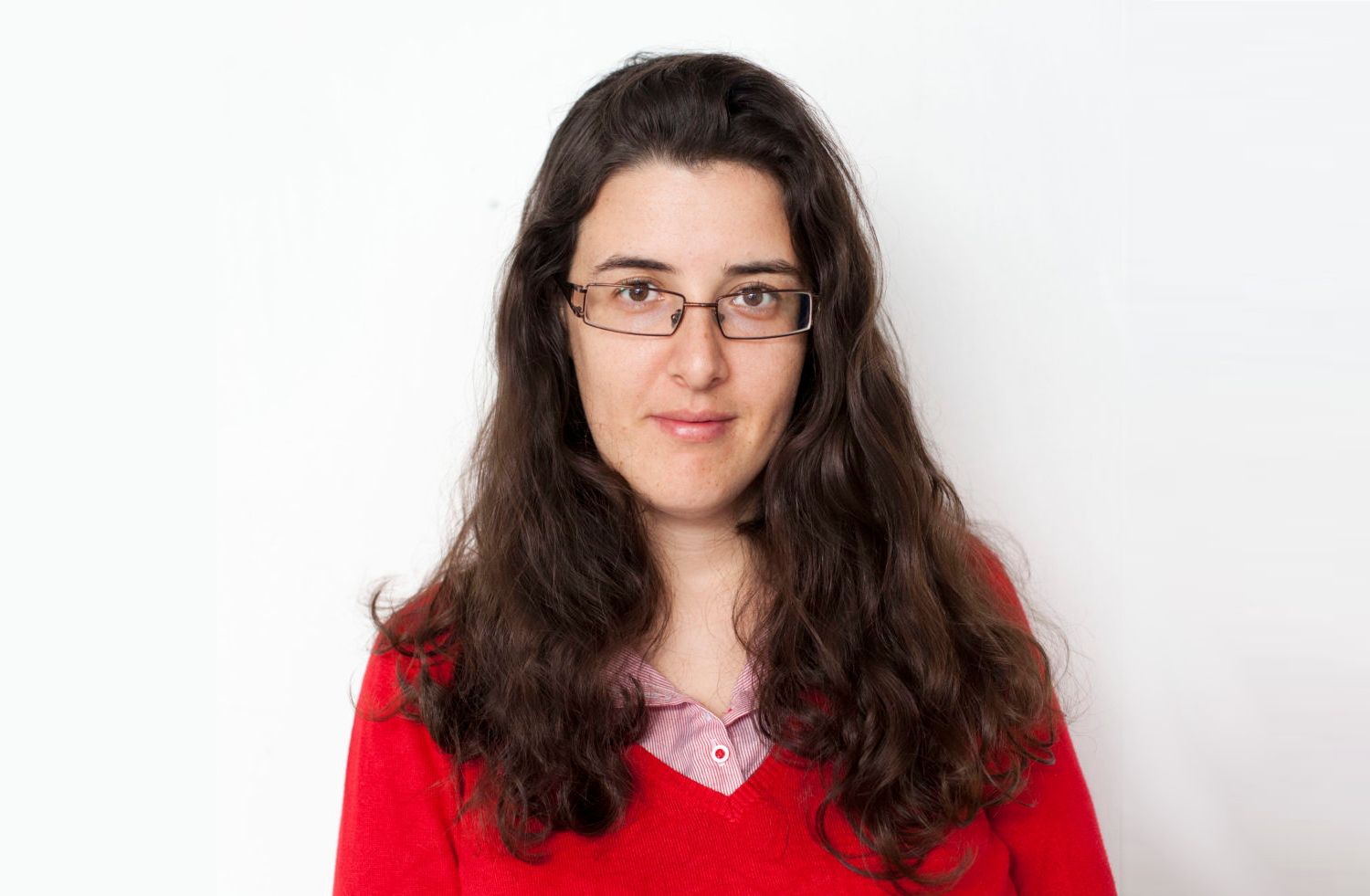Our last contact with Elizabeth Tsurkov was on March 19. She told us she had had enough of doing field research in the Middle East and wanted to return to Princeton University to write her doctoral dissertation. “No more fieldwork,” she said.
We were relieved. We did not want her to stay in an Iraq that was increasingly dominated by pro-Iranian militias. Just over a week later we learned from our sources that a pro-Iranian militia had kidnapped her in Baghdad, where she had been doing research. We have not heard from her since.
Liz is a fellow at New Lines Institute and a contributor to New Lines magazine. Our first instinct was to shout about her disappearance on the internet, in the media and on these pages. We debated this, but out of respect for her family’s wishes and the chance that this might be resolved with her quick release, we chose not to publicize it. That is until it appeared in English for the first time last month in an article by Michael Rubin of the American Enterprise Institute titled, “The Sky is not Falling in Iraq,” and today in other outlets.
Liz’s research is heavy on political science, and her fieldwork in the Arab world poses no threat to anyone. She is, however, an Israeli national, so there are parts of the Middle East where her very identity places her at grave risk. Iraq’s flirtation with “resistance” politics made it inhospitable, to say nothing of the pro-Iranian militias embedded and running amok in it. Some of us are from there and hold no romantic notions about attitudes toward Israel. But Liz is committed to a specific style of granular, hyperlocal research that requires fieldwork, and she never seems frightened of anything. She stayed in Iraq.
What followed Liz’s kidnapping were months of public silence but nonstop efforts to learn more about her situation. We sought information and wanted to help bring her back. We reached out to contacts on the ground and friends in the media. We reached out to American and foreign officials, and we badgered Princeton University. We will continue to do all of this. We hope she will be released in a negotiation, and although we don’t know for certain where she is, it would probably involve Iran. Since Liz is also a Russian national, it may well involve Russia, too.
Somewhat ironically, Liz, who some claim was kidnapped for being the “Zionist enemy,” is not a Zionist at all. Indeed, she is a fierce critic of Israeli national security policy. While some of her critics see her Israeli nationality as an indelible stain, whatever her beliefs, many who follow her work know that she is deeply passionate about the region and empathetic toward its people. It is unclear whether her kidnappers actually believe she is the enemy or merely useful, but what is clear is that she has many friends from the region.
As a professional, Liz is driven by her near-obsessive focus on the people and places of the Middle East. She is meticulous and ambitious, but unlike some who do fieldwork, she is never exploitative. What she really cares about is what makes people tick. This extends to displaced people in northern Syria, militants in Iraq and the old political families of Lebanon. Because of this combination of drive and empathy, her work is always outstanding. On a more personal level, she is fierce toward anyone she sees as inhumane, unjust or corrupt — people like her captors. Everyone else she treats with kindness and a friendship devoid of cynicism.
Complicating matters is the fact that Liz is an outspoken critic of all three of the major likely players involved in negotiating her release: Israel, Iran and Russia. All of us feel that the United States needs to be involved in some way in helping Liz. She is not a U.S. national, and her disappearance did not trigger the sort of aggressive U.S. reaction that an American’s might. But Liz is very much a part of America. She works with a Washington think tank, writes for an American magazine and studies at Princeton University. She deserves America’s every effort to bring her to safety.


